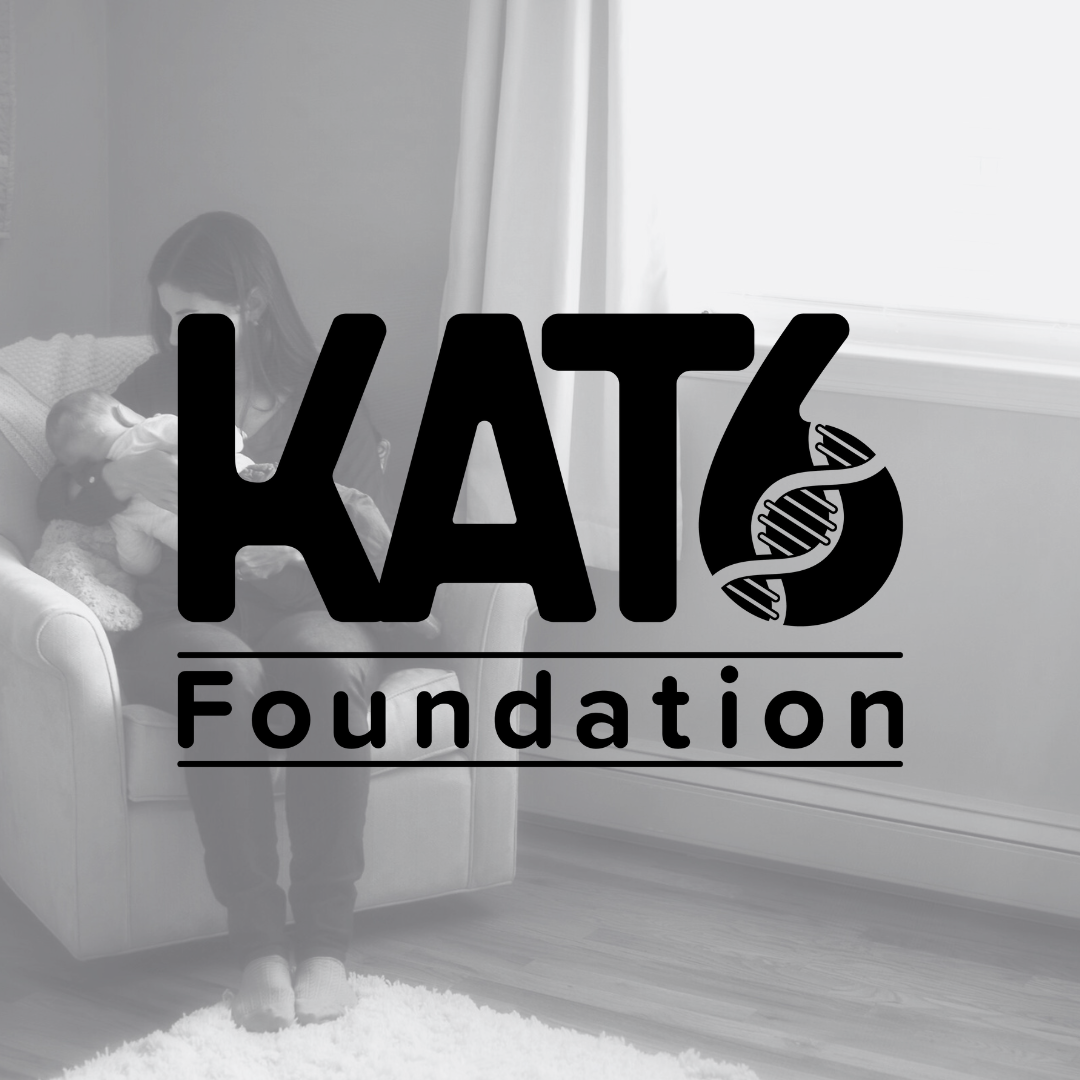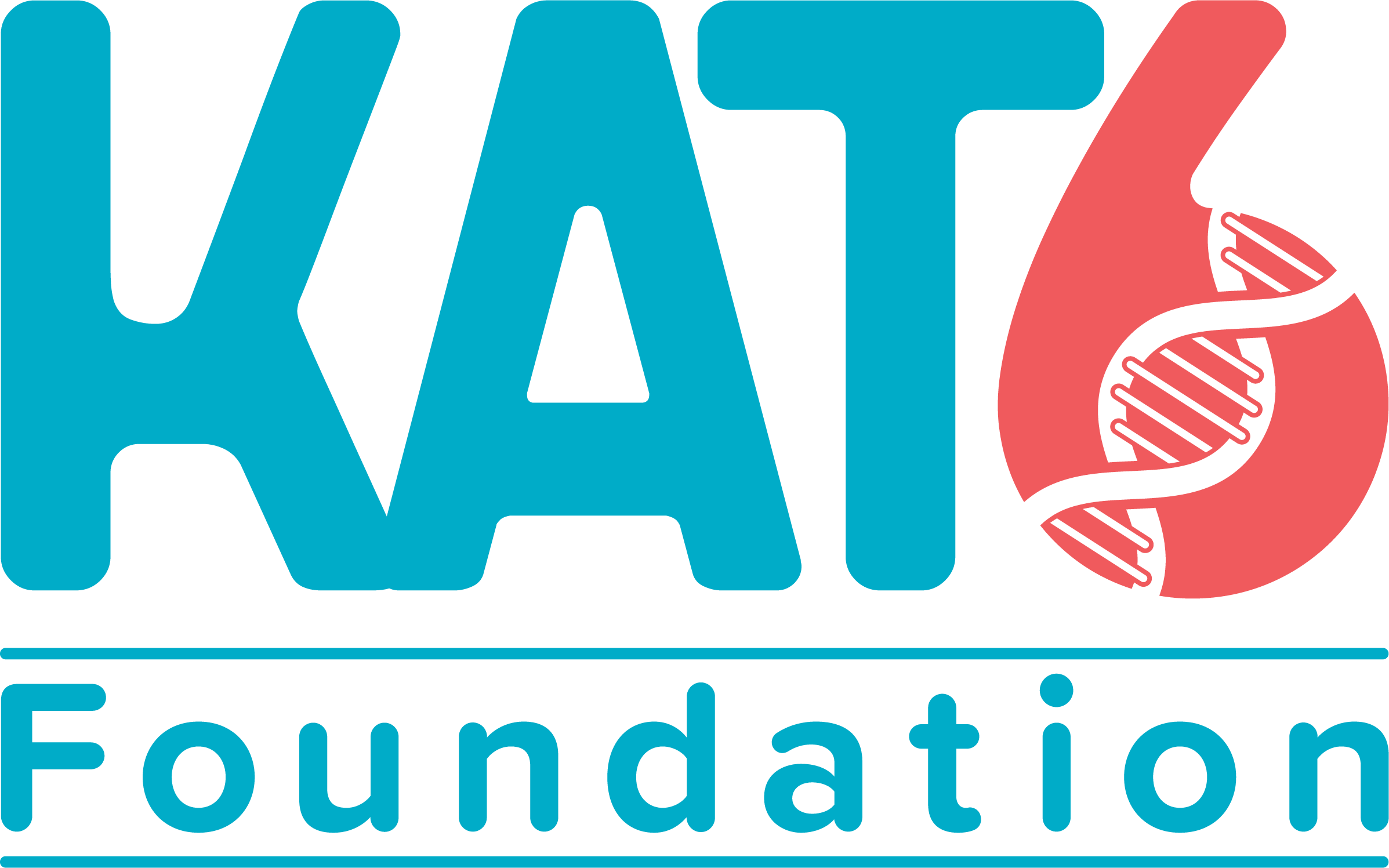
TO ALL KAT6 CAREGIVERS:
A PLEA FOR INFORMATION
The KAT6 Foundation has established a committee to study mortality within our community. It is sobering to realize that there is a need for this. While we are all here to surround and support those burdened with the loss of a loved one, the ultimate objectives for this committee are to guide parents in understanding how best to adjust to KAT6 disorders and to prevent suffering among our most vulnerable members.
As parents we are silently alert for signs that our child is in distress, which can arise due to sickness, physical trauma, or emotion. We watch for the expected discomfort of common illnesses.
A child who is upset may simply be complaining out of selfishness or a violated sense of fairness, and what’s wrong can be easily fixed. When we hear crying or whining, though, especially when children are immature and lack verbal skills, we pay attention to the other ways they communicate.
AN OVER-RIDING CONCERN
Our children with KAT6 disorders must endure the usual childhood ailments, but they (and we) may not suspect less-common possibilities that lurk in the background. Heart conditions and bone frailty are two that have proved common, but one more affliction has been responsible for claiming the most lives among our affected population: bowel obstructions. Over a three-year period we have lost as many as five members of our tiny group to this tragic cause.
Slow motility in the gut — weakness of the muscles that push the contents along — is a common KAT6 disorder. Symptoms of a bowel obstruction are subtle at first and can be mistaken for something else. Obstructions do not readily clear without intervention, and there is no easy test until the situation has become critical.
Many of our kids have a high tolerance for pain and, when in distress, may at first seem merely to be cranky or anti-social. If their sleep patterns are already poor — and that is common — then we may not notice this one more thing contributing to their insomnia.
It is hard to imagine a child’s misery, unable to describe the pain, when we, the care givers who know our children, and the medical providers have not yet even suspected gut pain. And it horrifies us to think that a child can die not understanding why we are failing to do something to ease the agony.
WHAT YOU CAN DO NOW
With the high proportion of deaths due to this one cause, the mortality committee urgently asks parents and caregivers to help. With an eye to preventing the suffering of even one more bewildered and innocent member, the committee needs data, clear, reliable, factual information.
While we await autopsy reports, it is especially important that all KAT6 individuals be entered into the NORD Registry. The more we know about the ways in which KAT6 disorders are manifested the better the Foundation can support meaningful research, support caregivers, and help assure the comfort and well-being of the ones who have brought us all together.
To create a registry entry for a person with KAT6A or KAT6B, please use the link: https://kat6a.iamrare.org/
To update an existing registry entry, and ideally you would do so annually, please go to: https://kat6a.iamrare.org/
WHAT HAPPENS TO THE DATA
De-identified data in the KAT6A/KAT6B Patient Registry is available to scientists — including medical professionals, geneticists, pharmacologists, nutritionists, and others — who want to study any aspect of KAT6A and KAT6B. The KAT6 Foundation provides funding for many such research projects.
Members of the Foundation and the mortality committee are notified of the loss of a community member only through our support network, not by NORD or any other agent that is properly committed to privacy. Our ability, as a committee of the Foundation, to obtain an autopsy report and other information depends on the willingness of those who are affected and have access to the report and the details of the family’s loss.
To contact a member of the mortality committee, please use the contact form at https://kat6a.org/contact/ or add a post to the KAT6 Support Group page at Facebook: https://www.facebook.com/
Your information may help save a life!
